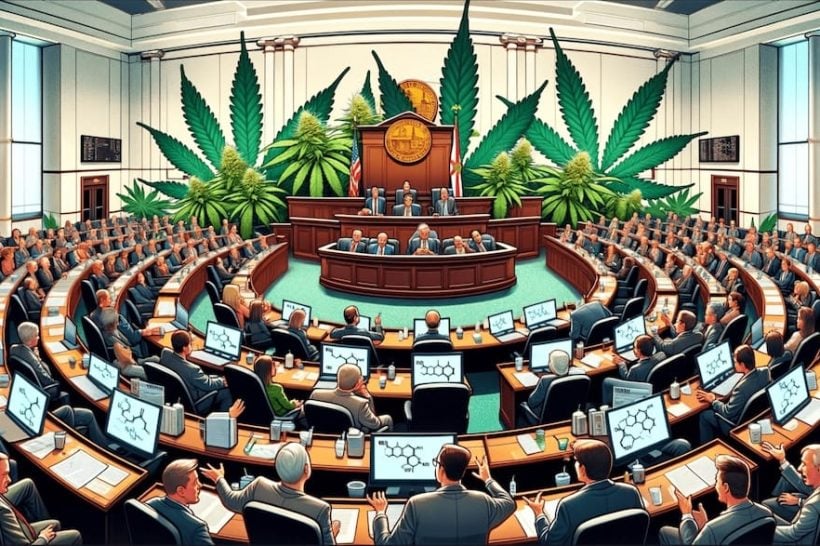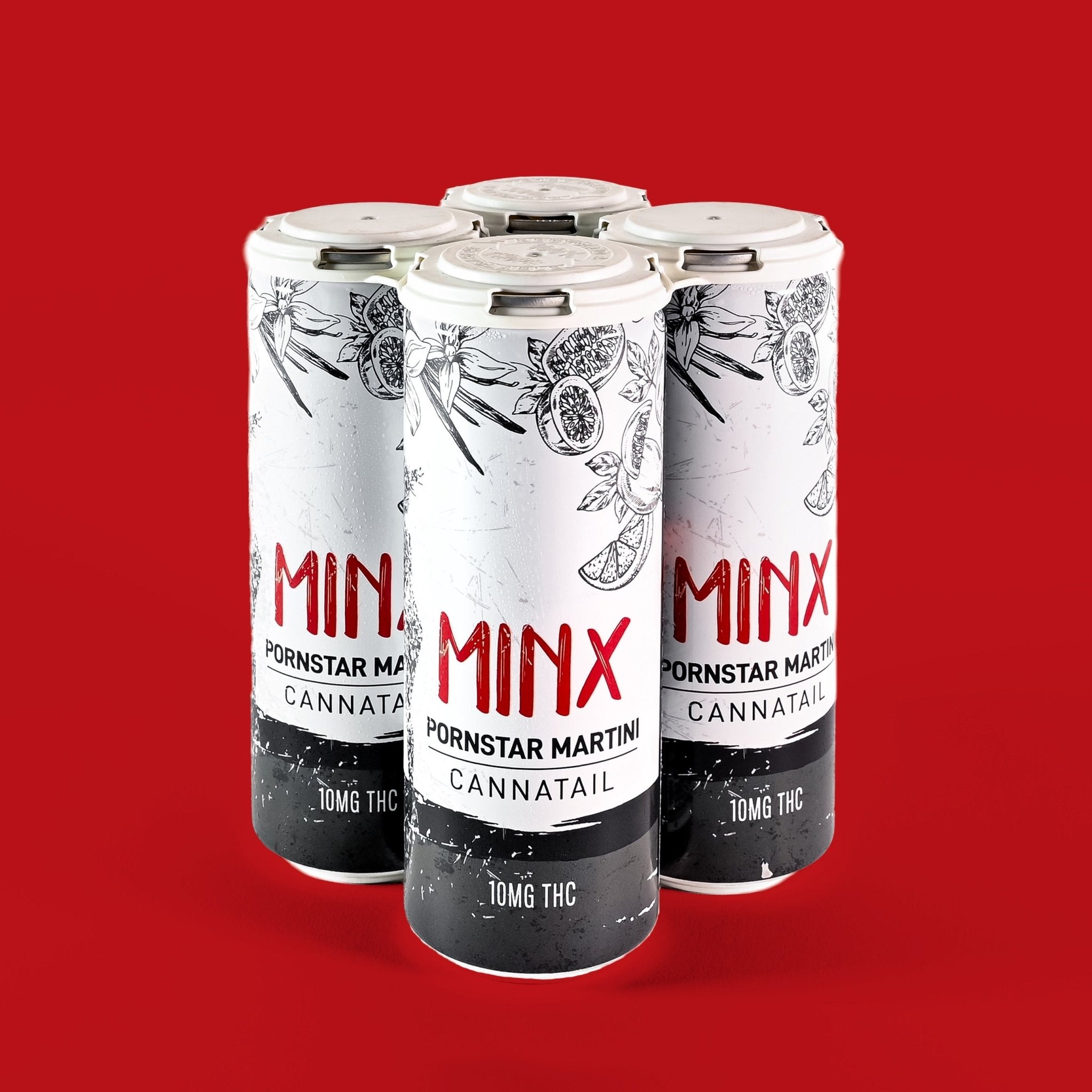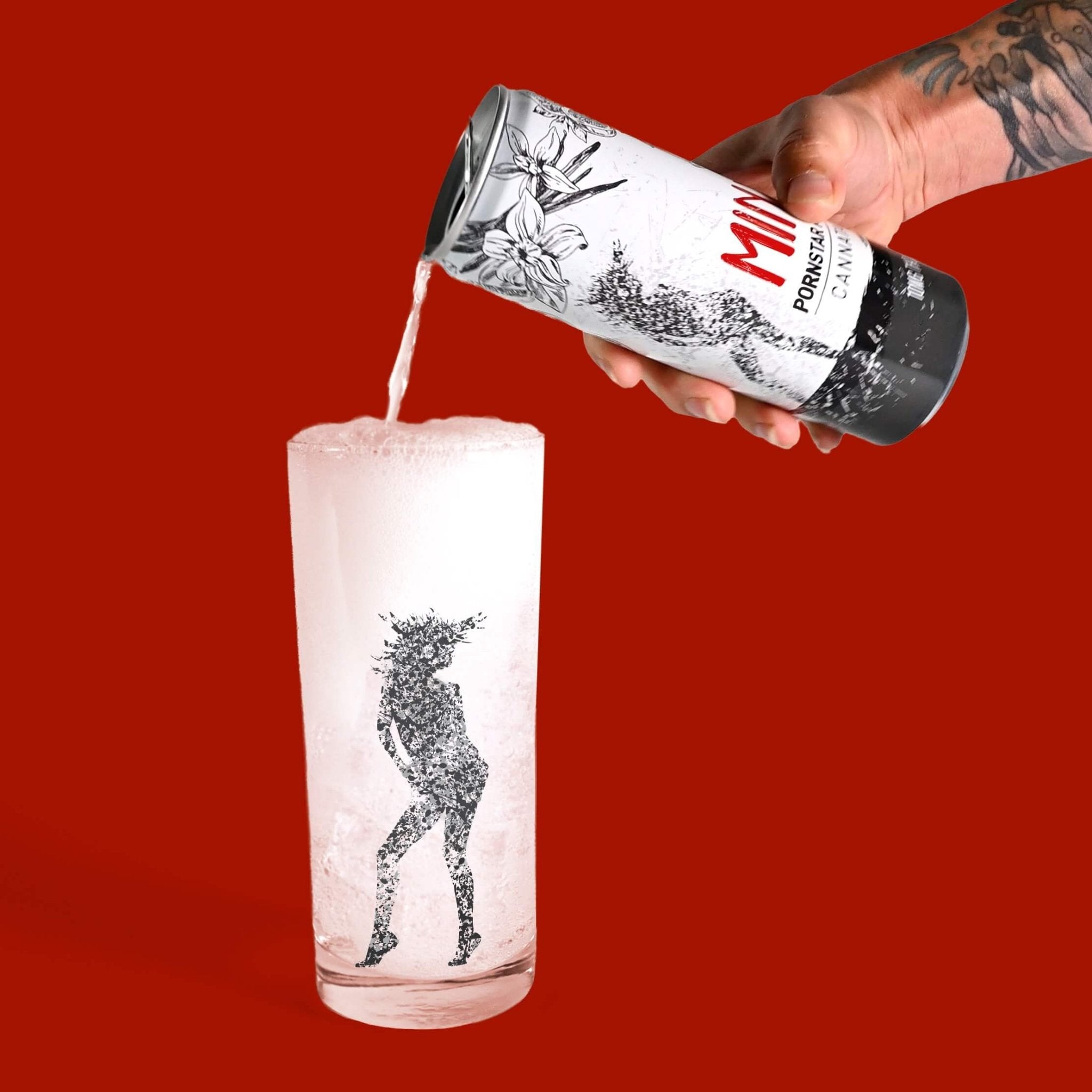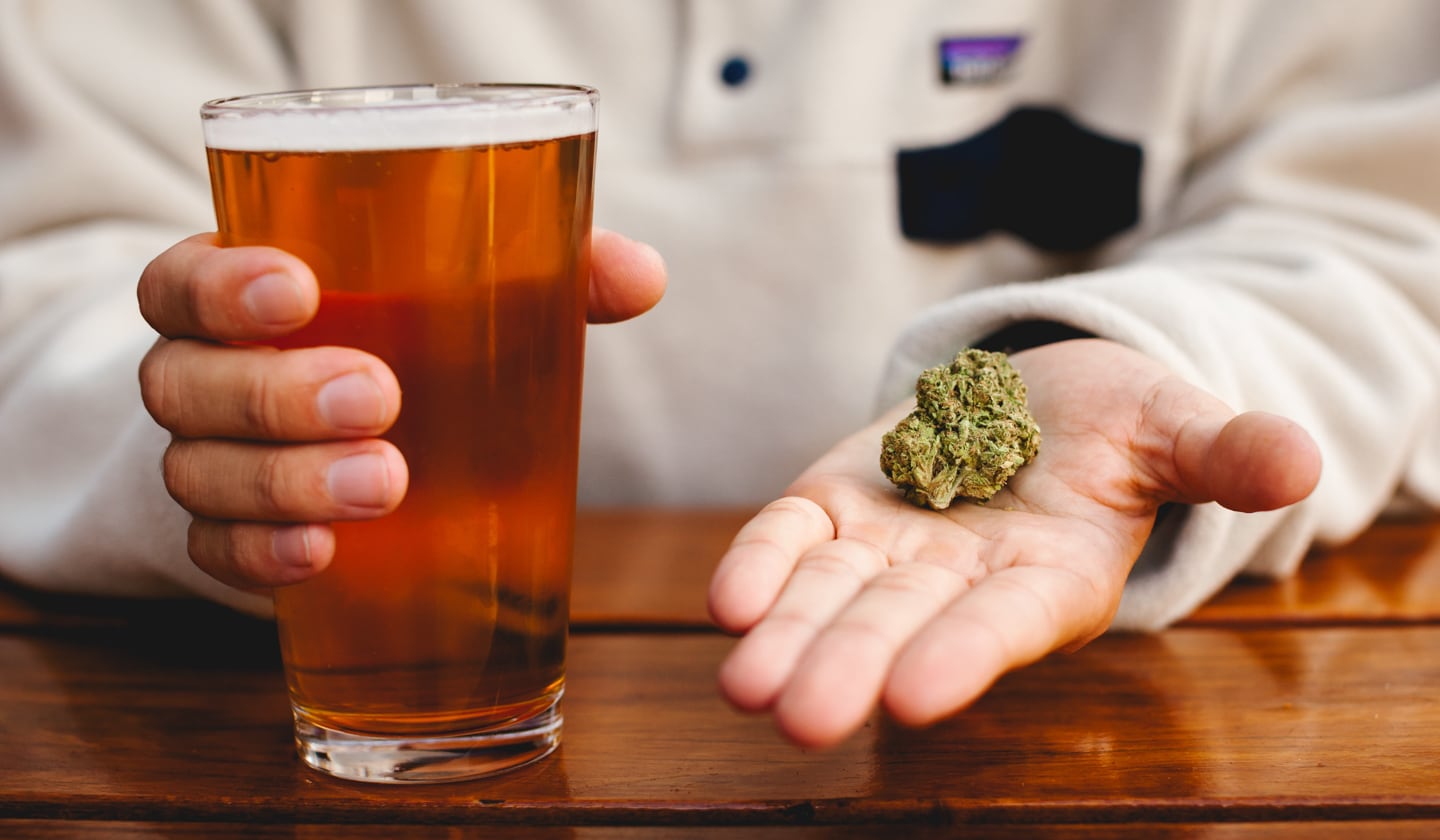Bill 1698 will head to the floor of both chambers today for a vote with no amendments and no input from the public.

Never underestimate the power of money and greed in the American legislative process. At 5:59 PM EST yesterday, the Florida State House voted to convene a special session today to vote on SB 1698. The controversial measure would alter the legal definition of hemp to say, "hemp extract may not exceed 0.3% total delta-9-THC concentration on a wet-weight basis or exceed 2 milligrams per serving and 10 milligrams per container on a wet-weight basis."
The measure, sponsored by GOP Sen. Colleen Burton, also bans the sale of all delta-8 products. In addition, the bill prohibits businesses from selling hemp extract products deemed "attractive" to underage minors as well. If both chambers of the state legislature vote to approve the bill, only CBD isolate and a 2 MG serving size/10 MG per container for hemp-derived delta-9 THC will be legal to sell in the state.
Much like the bill's sponsor of the House version (HB 1613), Rep. Tommy Gregory (R), Burton spoke passionately last week regarding the need for the highly restrictive legislation. Clinging to their worn-out and cynical justification of public health concerns, Sen. Burton said, "When we passed the hemp program, it was not in anticipation of highly intoxicated, sometimes psychoactive substances being ingested by Floridians. The concerns we have had over the potential misuse of this product, I believe, have exceeded our expectations. So that's why we have this bill today to continue the protections that we started last session."
"When we passed the hemp program, it was not in anticipation of highly intoxicated, sometimes psychoactive substances being ingested by Floridians. The concerns we have had over the potential misuse of this product, I believe, have exceeded our expectations. So that's why we have this bill today to continue the protections that we started last session."
- Florida State Senator Colleen Burton (R)
The most painful aspect of the entire process has been the cold and calculated abandonment of the still-young and burgeoning market sector by former champions on the other side of the political spectrum. With the bill expected to pass relatively easily in both legislative bodies, it is clear that the effort to crush the hemp industry is, sadly, a bipartisan one.
Following last week's vote in the Senate to advance the measure to this now unprecedented special session, Jacksonville Democratic Sen. Tracie Davis said, "We do need to add regulations to a product, especially in the cannabis/sativa arena, to protect Floridians, and I think that's what you're doing here, and I am eager to support this bill."
"We do need to add regulations to a product, especially in the cannabis/sativa arena, to protect Floridians, and I think that's what you're doing here, and I am eager to support this bill."
- Florida State Senator Tracie Davis (D)
Despite the overwhelmingly positive economic numbers generated by the hemp sector, there appears no room for compromise by either party. The Florida hemp market generated over $10 billion in Florida in 2022 and currently employs roughly 104,000 workers, who receive more than $3.6 billion in annual wages, according to a 2023 analysis from Whitney Economics. Republican lawmakers (and many Democrats) appear unsympathetic to their plight and unconcerned about the economic catastrophe if the bill becomes law.
In the end, the true and only losers will be the small and medium-sized business owners comprising a massive portion of the hemp industry in Florida and their loyal customers. During last week's House debate, several shop owners testified to the devastating effect the new measure will have on them, their employees, and customers.
Two of those individuals are Glen Sheppard and his wife Tallulah, owners of a chain of smoke shops around Florida, who vehemently oppose the proposed legislation. "To say that there won't be any economic impact to the state of Florida, I can tell you that's totally false. It's strange that somebody can come stand up here and claim one thing that's totally, obviously not true at all," Sheppard said.
"To say that there won't be any economic impact to the state of Florida, I can tell you that's totally false. It's strange that somebody can come stand up here and claim one thing that's totally, obviously not true at all."
- Glen Sheppard, Florida Hemp Shop Owner
Michael Pool, who operates Tampa-based hemp retailer Astrobleme, explained that the milligram restrictions in the bill would not only prohibit the intoxicating hemp derivatives (IHDs) targeted by the legislation but would also have far-reaching detrimental effects on several non-psychoactive products used by thousands of individuals across the state.
"I have products in over 80 stores across the state. Most of those stores are doing $2,000 a month, $3,000 a month, to $4,000 a month in sales of my products. And to just completely remove that would not be to my detriment, but all those others," Pool told the Florida Phoenix.
"I have products in over 80 stores across the state. Most of those stores are doing $2,000 a month, $3,000 a month, to $4,000 a month in sales of my products. And to just completely remove that would not be to my detriment, but all those others."
- Michael Pool, Owner of Tampa-based Hemp Retailer Astrobleme
However, despite those pleas and the substantial economic numbers, there appears to be no voice of reason speaking to Florida's State House leadership. This latest political episode is just another in a series of perplexing and suspicious moves by legislators across the country to gut the hemp industry even though it generated close to $30 billion in revenue last year.
And the entire facade of "worry" and "concern" over the safety of consumers is as laughable as it is tragic. The vast majority of hemp business owners are conscientious and responsible entrepreneurs with a dedication to providing high-quality, effective, and, above all else, safe products to their loyal customers, some of whom desperately need the medicine these businesses provide due to the continued federal ban on cannabis.
If this bill becomes law, where will they go for the lifesaving products they have come to rely upon? What will they do?







































